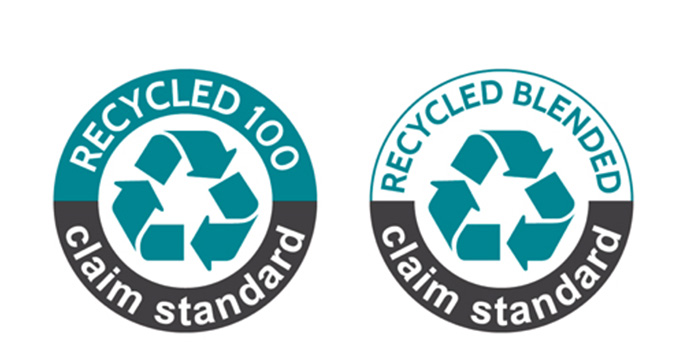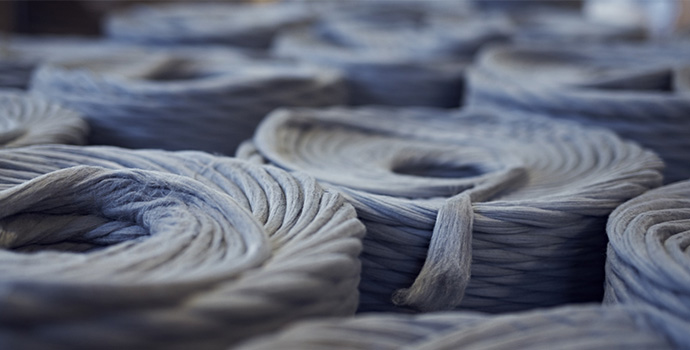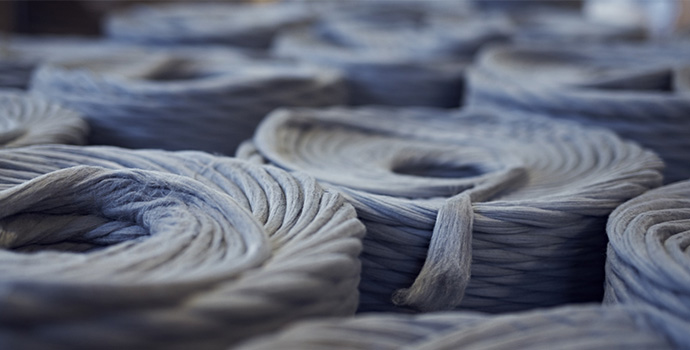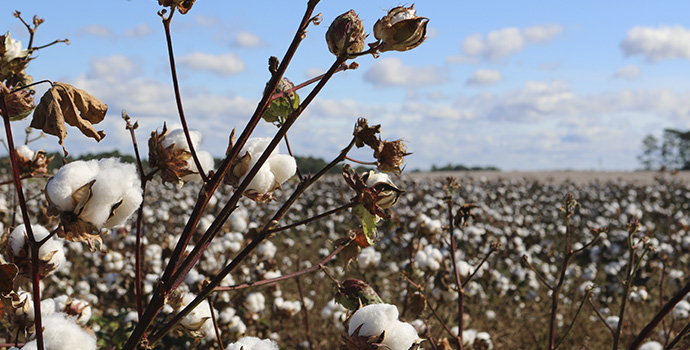Did you know that the production of one single cotton t-shirt spends 2,700 L of water? Yes, that’s right! Imagine the amount of water that is in your closet.
Cotton is one of the most profitable non-food crops in the world. Its production provides income for more than 250 million people all over the world, and it corresponds to 7% of all labor in developing countries.
However, it is also a crop that needs a large amount of water to be produced. It takes about 20,000 liters of water to produce 1kg of cotton.
Recycled cotton comes from textile surplus (the leftover mesh from the companies cuts). Thus, the cotton in a NÜWA garment starts with textile waste and not with cotton plantations (saving all the water needed for this process). After collecting the textile surplus, they are separated by color and then crushed (mechanical process) obtaining the cotton fiber again. Thus, the cotton fiber is already in the color of the initial rag and, therefore, cotton doesn’t need to be dyed, avoiding one of the most polluting stages of the production process.
So, what are the main advantages of using recycled cotton? We give you four:
1) Less waste
Decrease the amount of textile waste that reaches landfills. It is estimated that, per second, a garbage truck with clothes arrives at a landfill. This represents about 15 million tons of textile waste per year. In addition, 95% of textiles arriving at landfills could be recycled.

2) Save water
Significantly reduce the amount of water used in the clothing production process. Cotton is a plant that needs a lot of water and there are already real facts about its impact, such as the disappearance of the Aral Sea in Central Asia.
3) Environmentally friendly
By using recycled cotton we don’t need to use more fertilizers, pesticides and insecticides. It is estimated that 11% of the world consumption of pesticides is related to cotton cultivation.
4) Less CO2 emissions
Reduction of CO2 emissions and water pollution resulting from dyeing. Textile dyeing is the second largest water polluter in the world, because what is left of this process is often dumped in ditches or rivers. As we use recycled cotton fibers, it is not necessary to dye it because the final color corresponds to the color of the waste.
And remember to look for this symbol when you are buying an recycled garment:RCS (Recycled Claim Standard) . RCS provides third-party assurance that the recyled content in your clothes can be traced back to the source.


 PT
PT




